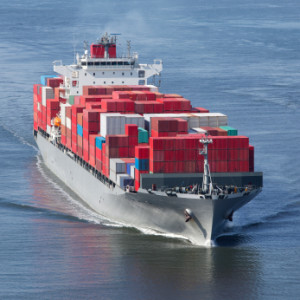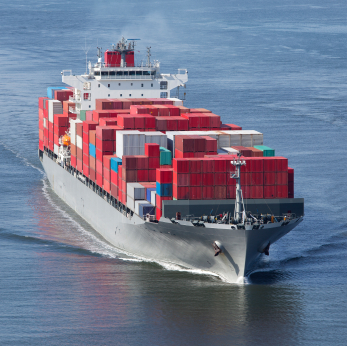 Stakeholders and government agencies approve of the passage of a pending bill allowing foreign shipping lines to call at multiple Philippine ports, as long as the cargoes they carry are for foreign trade and have been cleared by the Bureau of Customs.
Stakeholders and government agencies approve of the passage of a pending bill allowing foreign shipping lines to call at multiple Philippine ports, as long as the cargoes they carry are for foreign trade and have been cleared by the Bureau of Customs.
Senate Bill No. 2364 or “An Act Exempting the Carriage of Container Vans from the Provisions of Section 1009 or Presidential Decree No. 1464, Otherwise Known as the Tariff and Customs Code of 1978, and for Other Purposes,”, filed by Senator Paolo Benigno “Bam” Aquino IV, drew positive reaction from groups attending a Senate hearing held on September 17 to discuss the proposed regulation.
The stakeholders included trade organizations Philippine Interisland Shipping Association/Philippine Liner Shipping Association, Association of International Shipping Lines, Philippine Exporters Confederation, Inc., and Joint Foreign Chambers of Commerce, as well as government agencies such as the Maritime Industry Authority (MARINA), Philippine Ports Authority and Export Development Council (EDC).
“I think we’re OK with that (bill),” Doris Magsaysay-Ho, chief executive officer of the Magsaysay Group, Inc., told PortCalls after the hearing of the Senate Committee on Trade, Commerce and Entrepreneurship called by its chairman Sen. Aquino.
Ho described the bill as “a good compromise.”
Lorenzo Shipping Corp. president Roberto Umali, in a chance interview with PortCalls a day after the hearing, said he approves of the bill as well but suggested it further define the words “Customs-cleared.”
He acknowledged that while the scheme would lead to reduced paperwork, documentation, and double-handling of foreign liners, it would also lessen the volume of cargoes carried by domestic liners.
SB No. 2364 allows a foreign shipping line arriving from a foreign port to bring its foreign cargo to the domestic port of final destination after the shipment has been cleared by the BOC at the port of entry.
Aquino said the bill “would allow importers and exporters to co-load on foreign ships going in or out of the Philippine jurisdiction.”
It also allows foreign cargo aboard a foreign vessel coming from a foreign port to be carried by another foreign ship calling at the same port of entry for transportation to the domestic port of final destination.
Cargo intended for export by a foreign vessel is also allowed to be carried “from its domestic port of origin through another Philippine port to its foreign port of final destination.” The transshipment of export cargo from its domestic port of origin through a domestic transshipment port, and its transfer to another foreign vessel that will carry it to the foreign port of final destination is also permitted.
In addition, the bill allows the carriage by foreign shipping lines of empty foreign container vans going to or coming from any domestic port or going to or coming from a foreign port.
Under the bill, foreign vessels will neither be considered common carriers, as provided under Republic Act No. 386, or the Civil Code, nor considered to be offering a public service. Thus, they fall outside the purview of the Domestic Shipping Development Act.
Lowering domestic lines’ shipping costs
Aquino admitted the draft law is only one of many steps needed to reform the shipping industry and reduce the cost of shipping not only for foreign cargo but also for domestic cargo.
While the bill will slash the cost of foreign cargo transportation, it will also positively affect the prices of consumer goods which are dependent on raw material imports, said Meneleo Carlos, private sector chairman for EDC’s transport and logistics policy networking committee.
According to Ho, other measures needed to reduce domestic shipping costs include better port infrastructure and minimizing costs borne by domestic liners.
Ho explained that because Philippine ports lack the necessary equipment, domestic liners are forced to buy craned ships, which are “more expensive than non-craned ships” and not easily available in the market.
Foreign liners are more efficient and have bigger capacity, she added, because they use cranes of international ports and need not maintain their own.
Michael Raeuber, president of the European Chamber of Commerce of the Philippines, said other cost-lowering measures for domestic shipping include allowing bareboat chartering and reviewing sulfur content requirements.
A technical working group going through the draft paper will meet again to tackle other related matters, such as the taxes imposed on domestic liners, and how lowering or lifting them can help cut shipping costs. – Roumina Pablo





